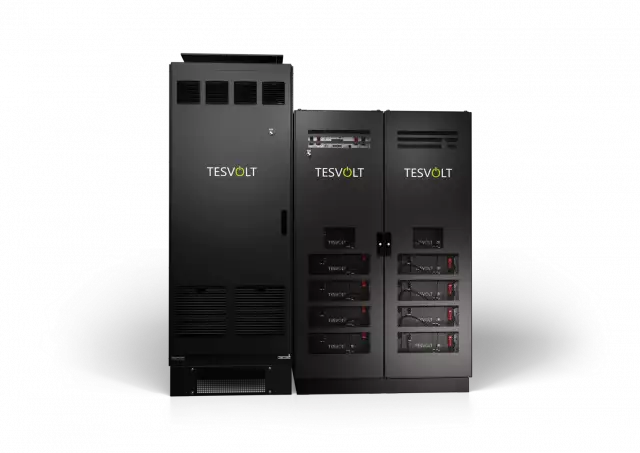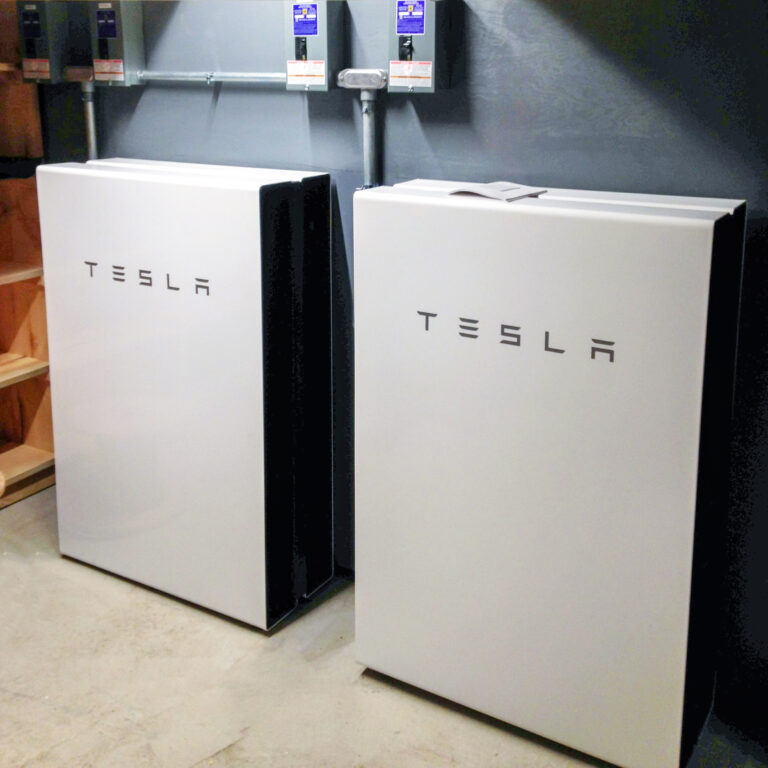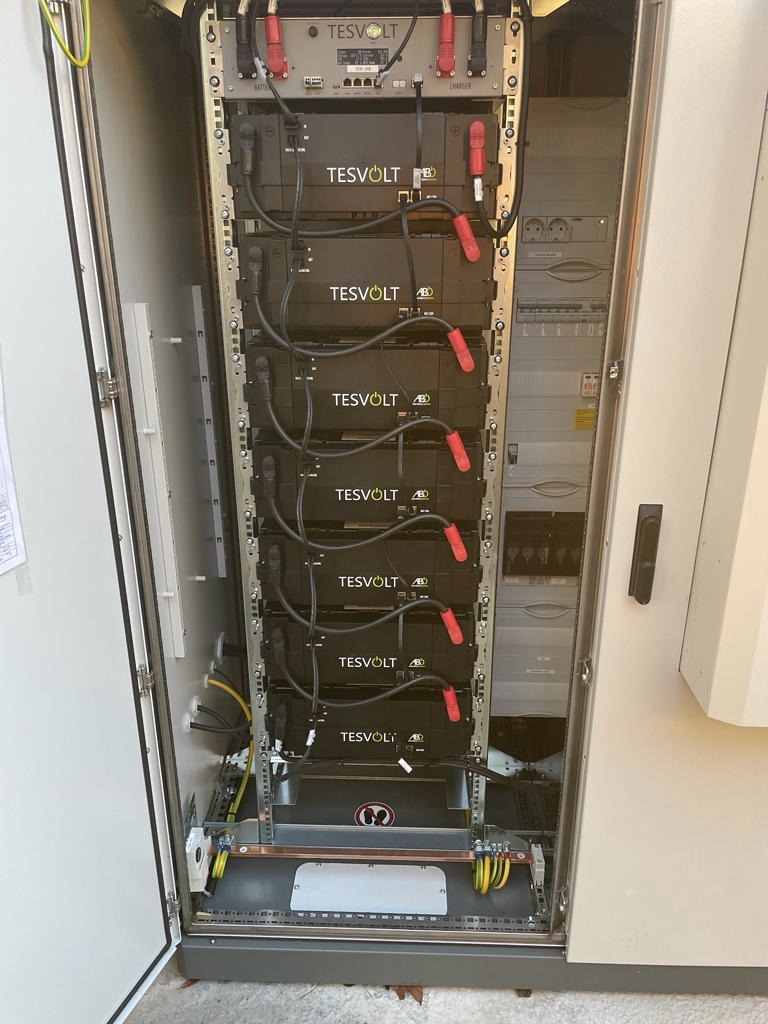BESS Battery Energy Storage Systems: Unlocking Unmatched Grid Resilience & Efficiency
The challenges posed by cold, still days across the UK, characterised by high energy demand, low renewable output, and price volatility highlight the vital importance of Battery Energy Storage Systems (BESS) in the modern energy grid. These advanced systems are not just about storing energy; they play a crucial role in maintaining the stability of the energy grid. By storing excess energy during times of high renewable output, BESS ensures that it can be accessed when renewable generation drops. This helps enhance grid efficiency, reduce costs, and improve overall energy security, making BESS a key solution for supporting a sustainable energy future.

1. Delivering Flexibility During UK Energy Grid Peak Demand
During extreme weather conditions, such as when temperatures drop to around 0°C and energy demand on the UK energy grid exceeds 45GW, the grid is pushed to its operational limits. BESS systems provide rapid, dispatchable energy to bridge short-term gaps, ensuring supply meets demand precisely when it’s needed. Unlike traditional energy generation sources, such as Peaker Plants which are expensive and slow to activate BESS battery systems respond instantly.
This not only reduces strain on the grid but also lowers overall operational costs, making energy management more efficient. By stepping in with immediate energy delivery, BESS prevents potential outages and supports the grid during moments of critical stress, reinforcing its reliability under challenging conditions.
2. Balancing Low Renewable Output with BESS Battery Energy Storage Systems
Cold, windless days often coincide with minimal wind energy generation, creating a significant gap in renewable energy supply. Battery Energy Storage Systems (BESS) provide a crucial solution to this challenge by storing surplus energy produced during periods of high wind and solar output. This stored energy can then be released when renewable energy generation is low, ensuring a consistent and reliable power supply.
BESS helps smooth out fluctuations in energy production, enhancing the stability and resilience of the UK energy grid. By bridging the gap during unfavourable weather conditions, BESS supports the transition to a cleaner, more sustainable energy future.

3. Supporting the Grid During Electricity Margin Notices (EMNs) with Bess Systems
Electricity Margin Notices (EMNs) issued by the National Energy System Operator (NESO) during peak periods highlight the grid’s vulnerability to supply shortages. Battery Energy Storage Systems (BESS) play a vital role in addressing these challenges by acting as a reliable reserve. During critical periods, typically between 16:00 and 19:00, BESS discharges stored energy to prevent blackouts and maintain grid stability. This rapid-response capability ensures a consistent supply of electricity, even during heightened demand or unforeseen disruptions. By bolstering energy security and reliability, BESS systems help support the UK’s transition to a more resilient and sustainable energy infrastructure.
4. Mitigating Market Volatility with BESS Battery storage
Energy prices can experience significant volatility during periods of high demand and limited supply. Recent examples in the UK include day-ahead auction prices climbing to £345/MWh and within-day trades spiking to £500/MWh. Battery Energy Storage Systems (BESS) are crucial in mitigating these price fluctuations. BESS enables effective price arbitrage by storing energy during low-cost, off-peak periods and discharging it during high-cost, peak times. This stabilises energy markets, reduces costs for grid operators, and ultimately lowers expenses for end consumers. Additionally, it enhances the overall efficiency and affordability of the commercial solar panel energy system, contributing to a more sustainable future.
5. Enabling a Sustainable Future and BESS Battery
Traditional fossil fuel-based solutions for managing peak energy demand, such as gas-fired peaking plants, conflict with long-term decarbonisation goals due to their high carbon emissions.
BESS battery systems offer a cleaner, more sustainable alternative, enabling the seamless integration of renewable energy into the grid and reducing dependency on carbon-intensive backup generation.
By storing and discharging energy efficiently, BESS battery systems operate with zero emissions and unparalleled agility, responding to fluctuations in demand almost instantaneously.
This makes them an essential component of a greener energy future, supporting the global transition to a low-carbon economy while ensuring grid reliability and stability.

Conclusion meeting modern energy challenges with bess
The challenges posed by cold, still days in the UK, characterised by high energy demand, low renewable output, and volatile energy prices, underscore the indispensable role of BESS (Battery Energy Storage Systems).
These systems provide essential flexibility, help stabilise the grid, and enable more efficient, cost-effective energy management. By storing excess renewable energy during peak production times and discharging it during periods of low output or high demand, BESS ensures the reliability of the energy supply.
As the UK’s energy landscape evolves, BESS will be vital in enhancing grid resilience, driving sustainability, and paving the way for a cleaner, more efficient energy future.
